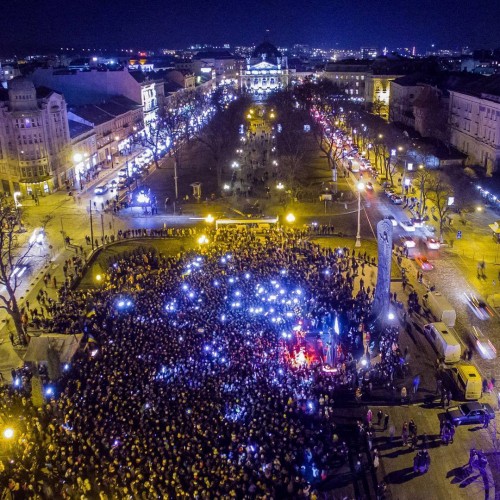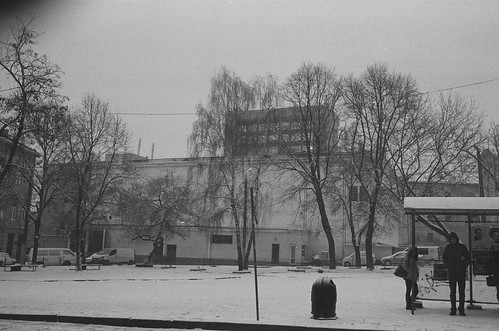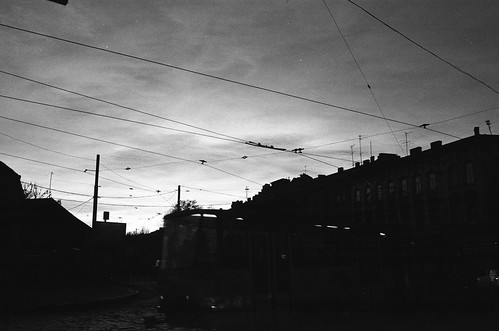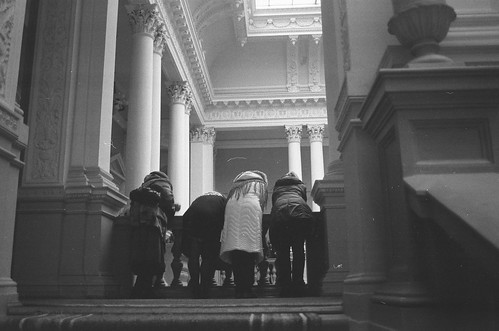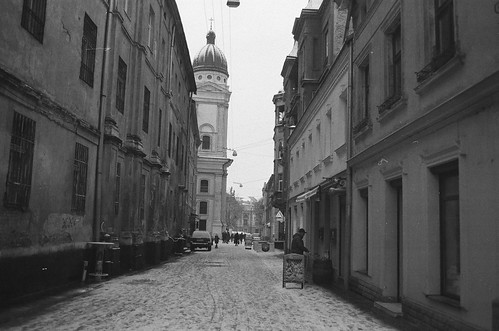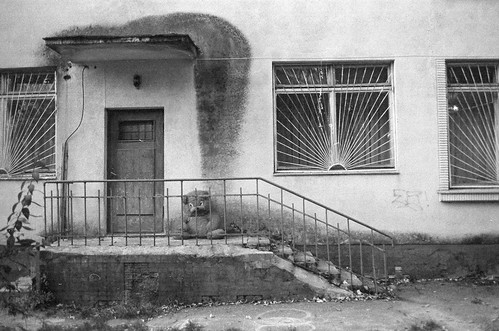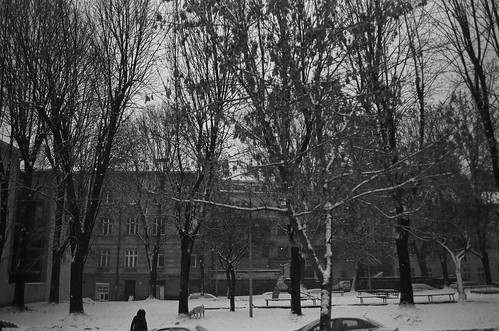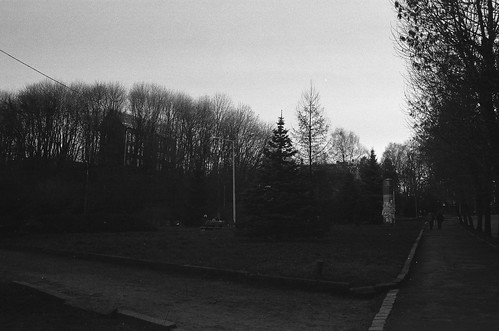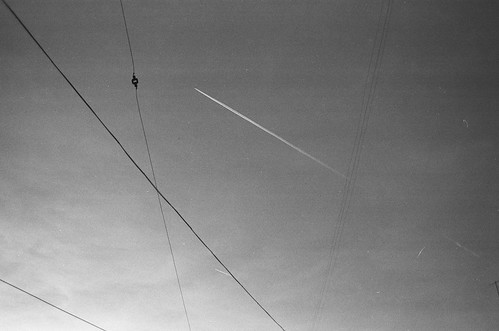(Läsningstid: 3 minuter)Jag är inte så bra på att författa recensioner, därför är denna postning inte heller någon recension av Olga Tokarczuks Jakobsböckerna. Det är på sin höjd en beskrivning av en känsla. Eller flera känslor.
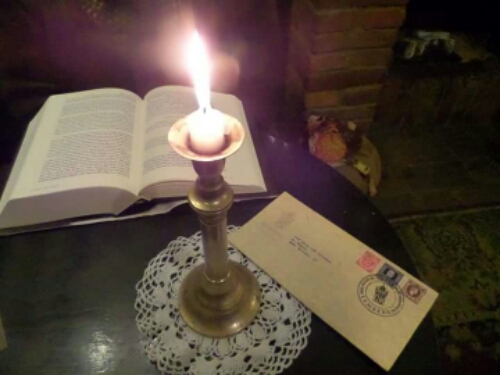
I natt, någon gång vid två-snåret, slog jag ihop den väldiga boken. Väldig, både i sin fysionomi och sitt innehåll. Ett likvärdigt projekt har jag inte tidigare kunnat ta till mig. Tolstoj eller Dostojevskij i all ära, men inte har deras berättelser klarat av att gripa tag i mig på liknande sätt.
Jakobsböckerna är en slags resa genom tillstånd. Tillstånd av förändring, av tilltro, av hänförelse, av kärlek, av åtrå, av exstas, av fanastism, av lust, av skräck, av äckel och ganska ofta tillstånd av total vanmakt.
Vi får följa Jakob Frank, en judisk predikant, som med sina anhängare till slut lyckas övertyga den katolska kyrkan att döpa dem. Frank är en ny Messias för sitt folk. Många gör enorma uppoffringar för att följa sin ledare. Dopet blir väl inte den acceptans och himmelska lycka som de hoppats på. Livet är helt enkelt lika illa efter dopet som före. Det är inte heller utan att man väljer sig mot den ofta öppna antisemitism, och det kryddas förstås av att historien är sann, som ni kan läsa i länken ovan. Tiden är 1700-talets Centraleuropa och en stor del av romanen utspelar sig i mina trakter.
Det är svårt, för att inte säga omöjligt, att inte dras med i Tokarczuks nyfikenhet på denna grupp Frankister, som de kallades. Man skulle kunna tro att hennes nästan nitiska berättande, där varje händelse nöts, skavs, plockas isär och skådas, skulle trötta läsaren. Det är ändå en över 900 sidors roman. Något som kan få den värsta biblofilen att tveka. Men Tokarczuks berättarglädje och fantastiska förmåga att åskådliggöra det som är så svårt att avbilda, gångna tider, gör Jakobsböckerna till en njutning att läsa. Man känner nästan dofterna, eller stanken. Man hör ljuden. Känner kylan eller värmen.
När jag igår natt, då vid två-snåret, slog samman boken, kom bara två, ganska löjliga, ord över mina läppar och det var “Bravo, Olga!” Hennes abrupta kast, hur hon slungar oss, rakt in i nutiden, är genialt i sin enkelhet. Och hennes uppgörelse med sitt eget yrke är ärligt, förvånande men ändå befriande.
Men, nej, ha förtröstan. Jag har inte med detta avslöjande tagit ifrån er någonting av njutning i att läsa Jakobsböckerna. För att riktigt förstå vidden, det halsbrytande greppet, så ska du ha läst hela boken. Och tillåt dig att vila i boken. Den förtjänar respekt och att du verkligen lär känna dem alla. Genom århundraden av ondska, kärlek och kunskapsyttringar. Du kommer höra dess röster och tankar, precis som Olga Tokarczuk gjort för att kunna författa detta mästerverk.
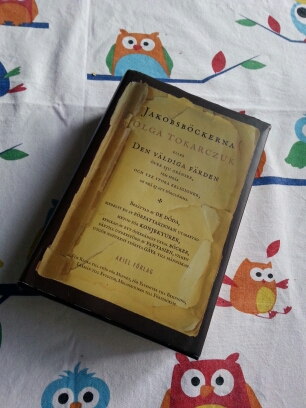


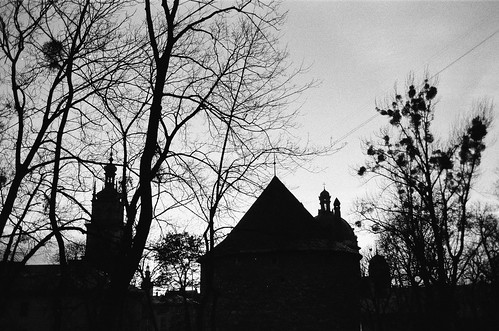

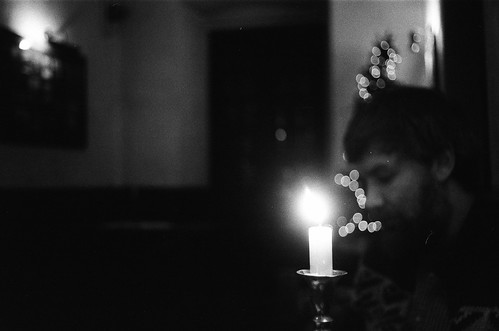
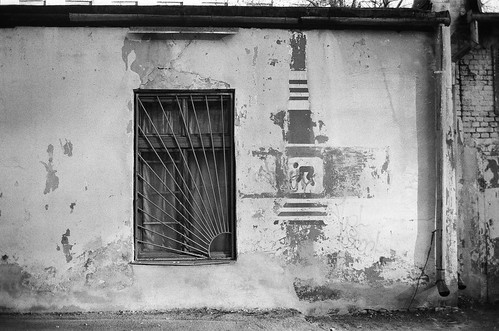
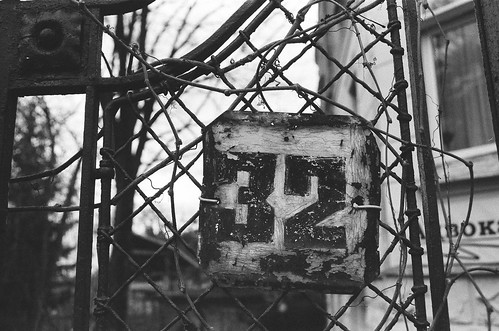
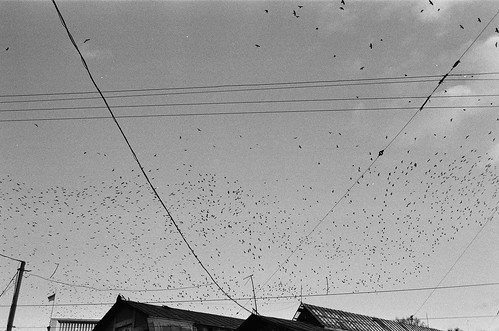
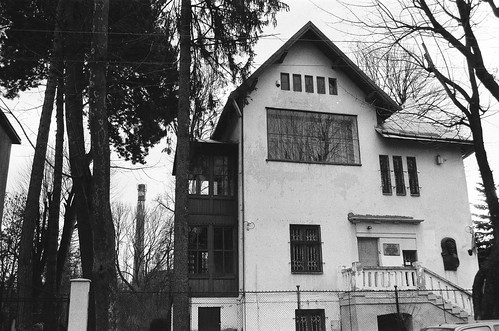


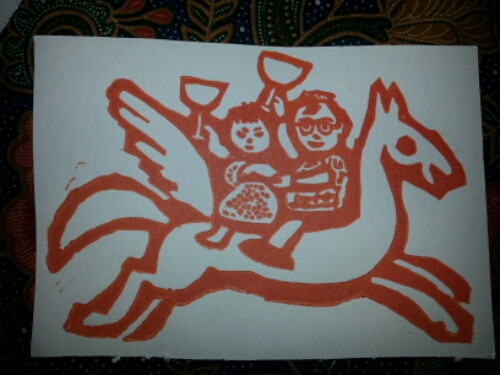
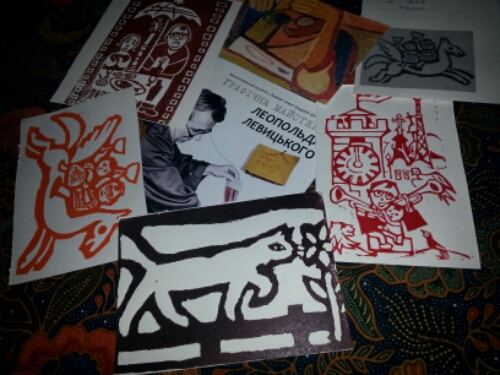
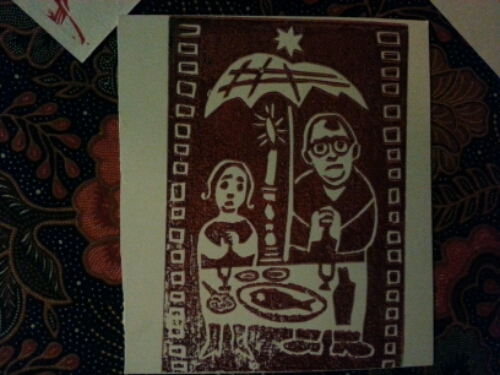
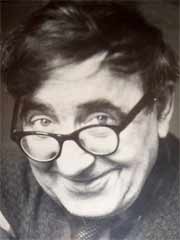


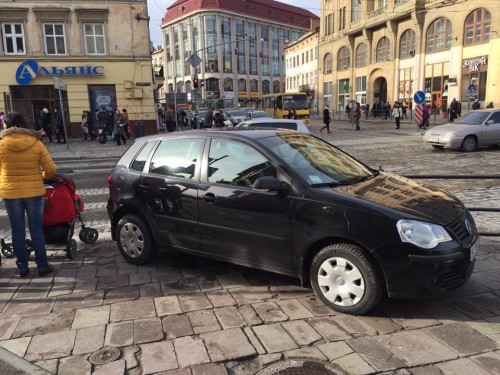
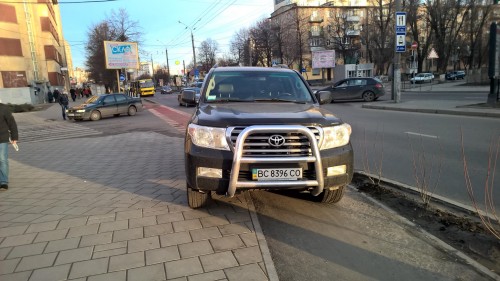
![By liushyk (Flickr: Скрябін) [CC BY-SA 2.0 (http://creativecommons.org/licenses/by-sa/2.0)], via Wikimedia Commons](https://viewpoint-east.org/wp-content/uploads/2016/02/Скрябін5.jpg)
